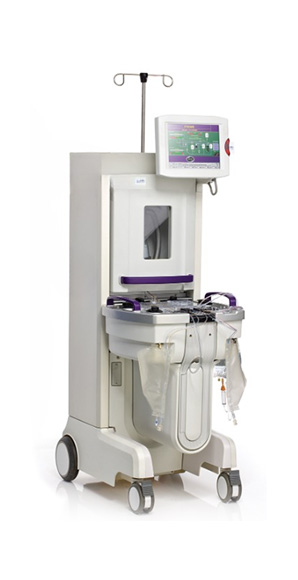Subtotal $0.00

Extracorporeal Photopheresis (ECP)
In the realm of medical science, breakthrough therapies often emerge, offering hope and new avenues for treating various conditions. One such innovative intervention is Extracorporeal Photopheresis (ECP) in in Frankfurt, Germany.
Extracorporeal Photopheresis (ECP) is considered as an immune modulating therapy majorly targeting the T cells of the Immune system. ECP induces an anti-inflammatory condition with tolerogenic responses without inducing a global immunosuppression state which is a typical feature of other therapeutic options such as steroids.
Extracorporeal Photopheresis (ECP) is a therapeutic procedure utilized for diverse medical purposes, prominently including the treatment of Amyotrophic Lateral Sclerosis (ALS), also known as Lou Gehrig’s disease, graft-versus-host disease (GVHD), organ rejection after solid organ transplant, and autoimmune disorders.

